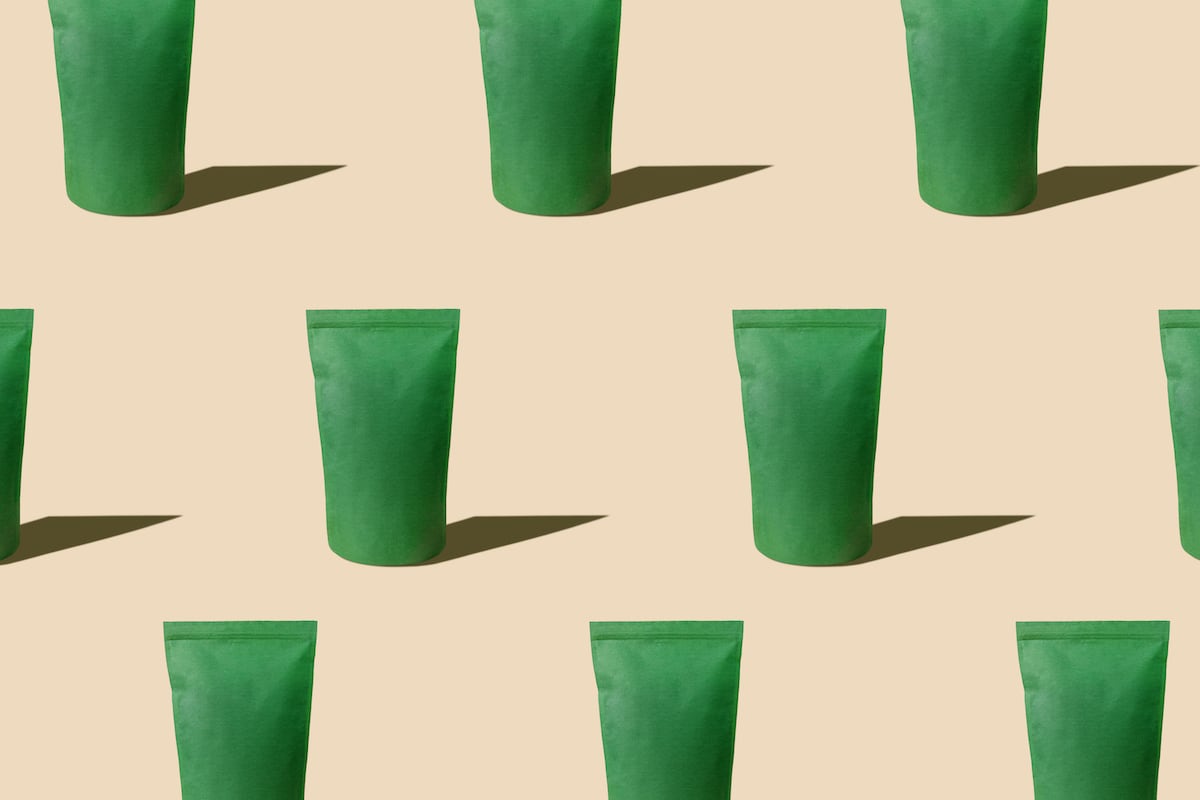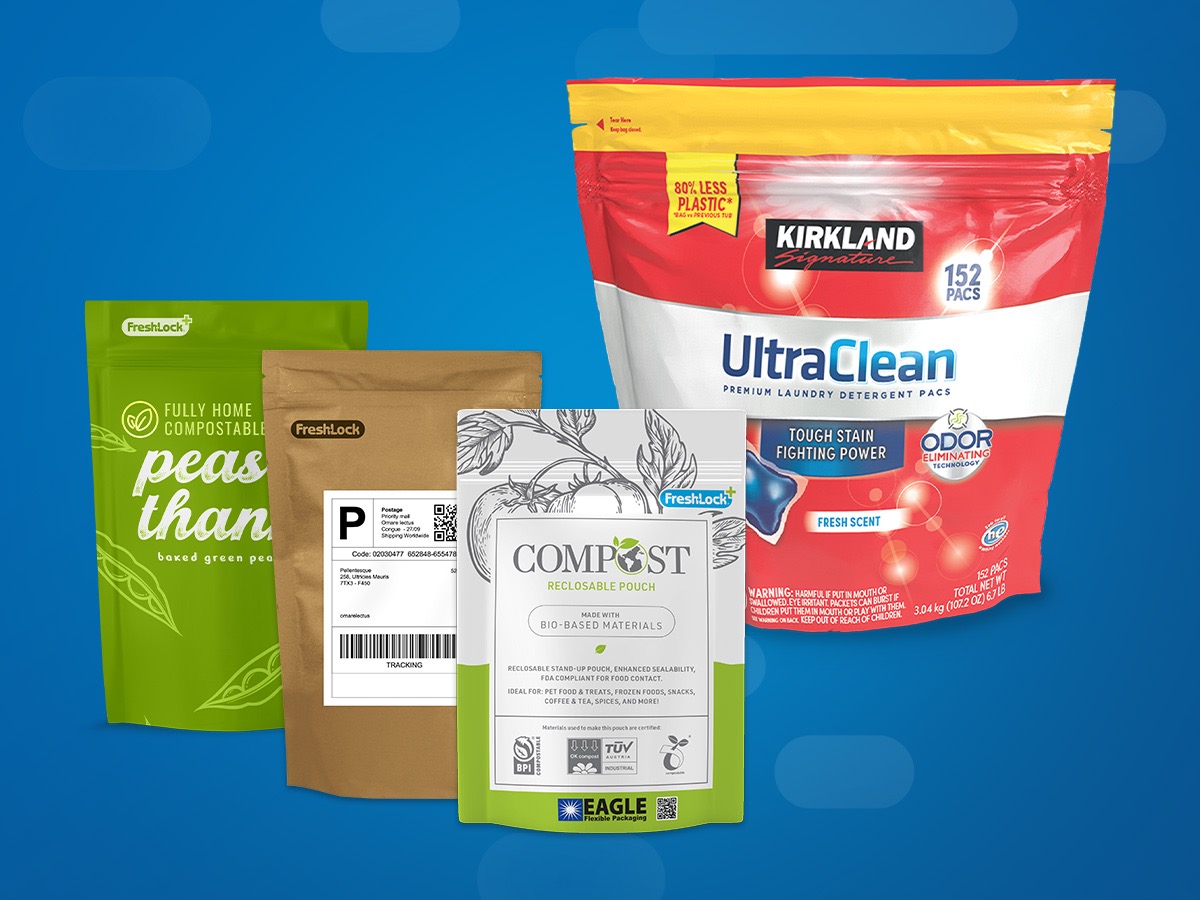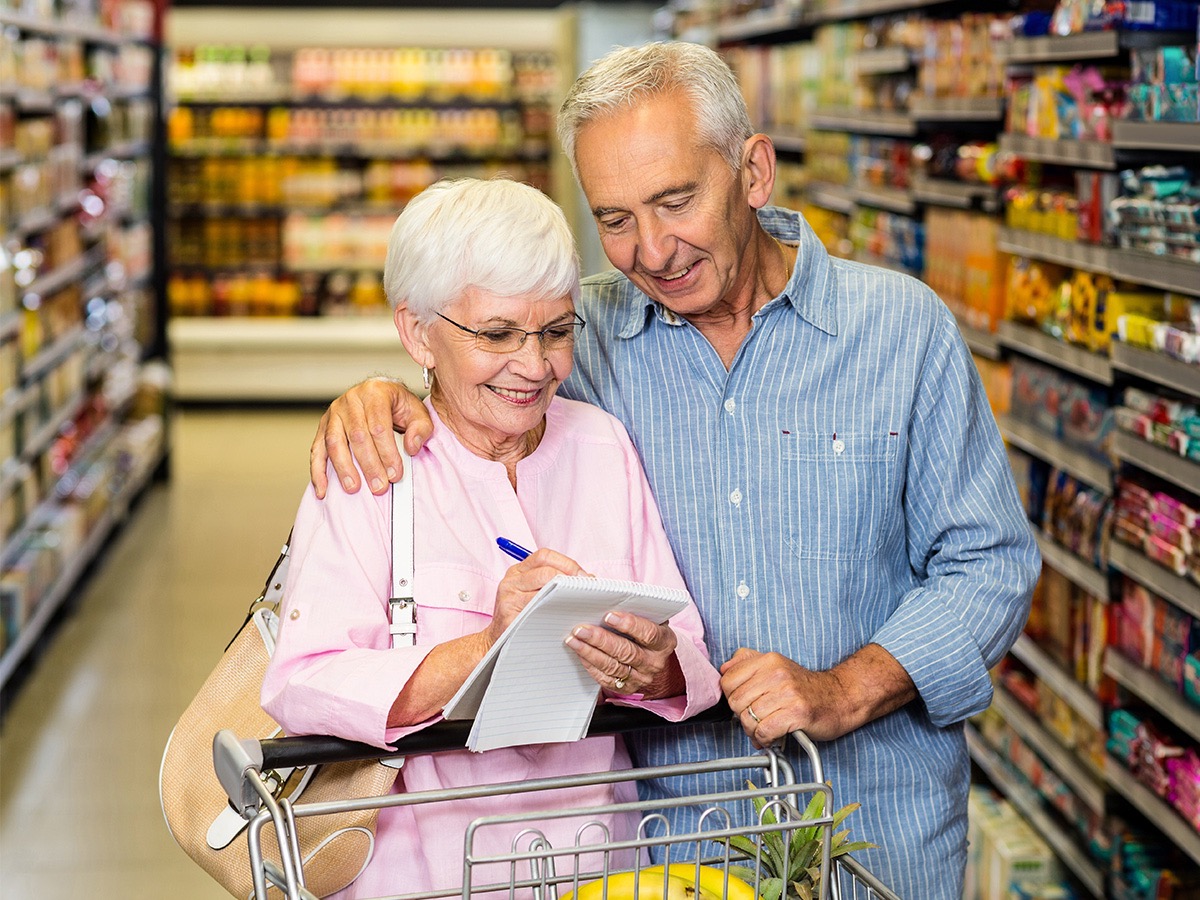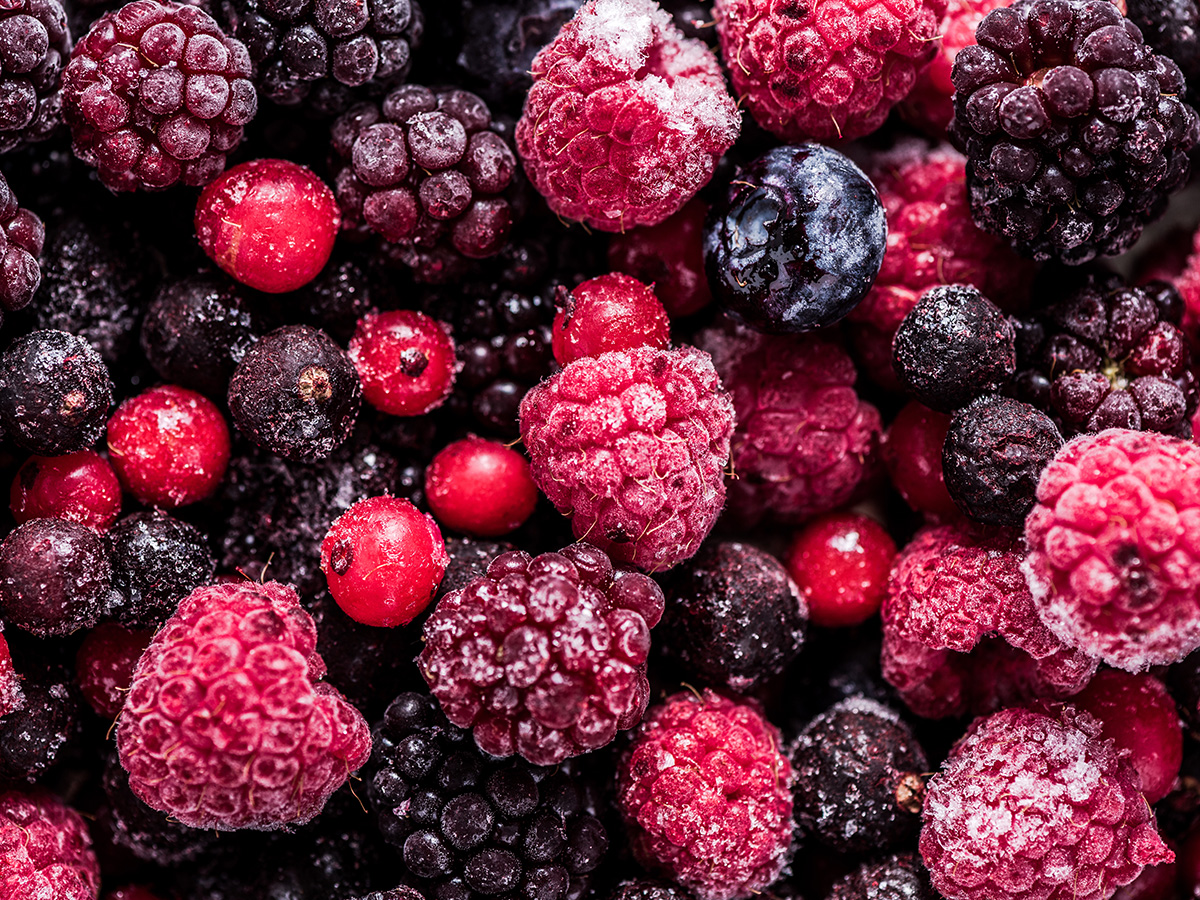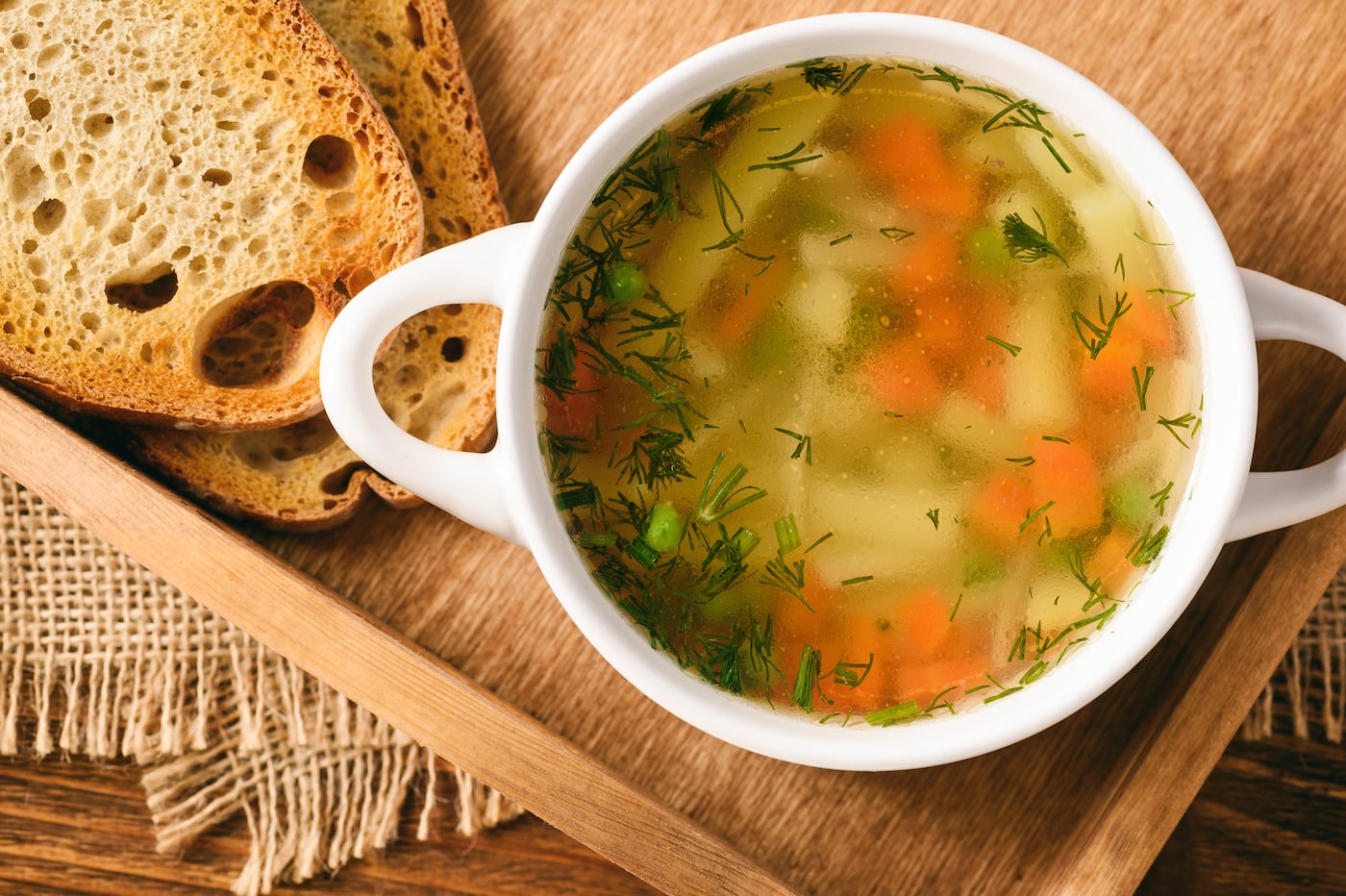
Packaging Trends to Watch in 2023
In the last few years, despite continuing challenges resulting from the COVID-19 pandemic and supply chain interruptions, the packaging industry has made numerous strides in packaging design. From e-commerce innovations and sustainable inks to augmented reality, brands continue to go beyond packaging function, instead creating packages that offer a unique—and even immersive—consumer experience.
In 2023, we can expect continued attention to the consumer experience, including their values, taking shape in product packaging.
Here are some of the trends we anticipate for packagers in 2023.
Growth in Flexible Packaging
The use of flexible packaging has been on the rise for several years now, but new market reports project even more growth in the coming years—some $315 billion globally by 2027, at a CAGR of 4.8%. Flexible Packaging Magazine attributes this growth to increased awareness about hygiene, greater consumer demand for packaged and processed food and beverages, rising disposable income, and a turn toward more sustainable packaging option.
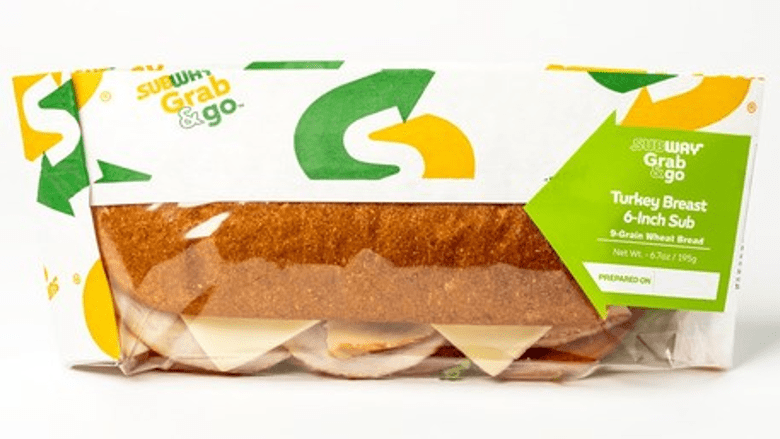
Subway is expanding its “grab and go” service offering pre-made subs. The retailer recently adopted flexible packaging to ensure products retain freshness and offer a similar experience as if prepared in a Subway location. Photo credit: Flexible Packaging Magazine.
When it comes to the consumer experience, the benefits of flexible packaging are clear: convenience, product protection, and ease of use, among others. Even fast-food restaurant chains are taking advantage of flexible packaging to add another layer of convenience and product protection for customers. Subway, for example, recently started offering “grab and go” products in flexible packaging outside its brick-and-mortar stores, such as c-stores, airports, and college campuses, to gain further exposure of their brand and products.
As we move into 2023 and the years following, we can anticipate more creative adoptions of flexible packaging even beyond traditional CPG products.
An Even Greater Push Toward Sustainability
Recyclability, compostability, and zero waste have become the name of the game in packaging and beyond. Everyone from consumers to legislators wants to see sustainability efforts from brands, manufacturers, communities, and individuals.
Whether propelled by a new generation of consumers or concerns about climate change, pollution, and the COVID-19 pandemic, the growing demand for sustainable practices is clear. So much so that retailers like Target have pledged to reduce waste and make plastic packaging recyclable, compostable, or reusable by 2025.
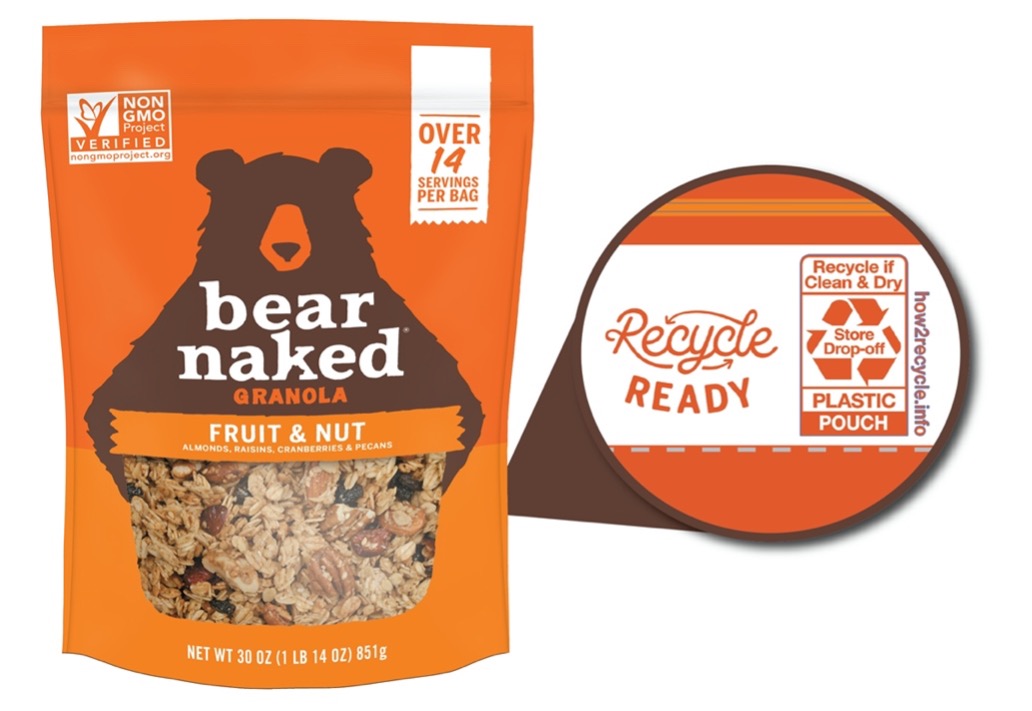
Kellogg, producer of Bear Naked® granola, has pledged to make all packaging 100% reusable, recyclable, or compostable by the end of 2025. Photo credit: Packaging Digest
2025 (and even 2030) are not very far off for brands—or for packagers. With these deadlines looming and growing consumer demand for sustainable solutions, there's a greater sense of urgency. Brands are looking to commit and follow through on sustainability initiatives, whether that means waste reduction, recyclability, or something else.
A Broader View of Sustainability
"Going green" has long been equated with recycling, especially when it comes to packaging. In recent years, that view has expanded to include compostable, biodegradable, and zero waste packaging solutions.
Importantly, sustainability is also encompassing practices beyond recycling, composting, and reduced plastics use. Some consumers are beginning to include social justice causes in their definition of sustainability. While millennials ushered this sustainability conversation, Gen Z is taking it to the next level by challenging brands to adopt numerous responsible practices as part of their sustainability framework. New sustainable practices include fair wages, ethical sourcing, diversity and inclusion initiatives, community involvement, and more.
[Gen Z] is smart about greenwashing and wants to see the steps a company is taking to better the environment—and not just in a product, but the way they live and breathe. [Gen Z consumers] want to see action all around and the impact their wallet has on these companies … The most important thing a brand can do is to participate authentically. You don't have to be perfect, but be honest, transparent, and vulnerable. Put yourself out there and show you're trying, and that will speak volumes. – Sarah Stieby, Fresh-Lock® marketing manager at Reynolds Consumer products
Learn more about consumer preferences in the new era of sustainability.
Packaging for Consumer Values
While brands can use sustainable packaging to signal shared values with consumers, we can also expect to see more inclusivity, activism, and politicization in packaging graphics, messaging, and overall design. In recent years, we’ve seen an emergence of brands showing support for social justice, diversity, and inclusion efforts, down to their products’ packages. Some brands have moved away from gendered messaging and others have used packaging to signal allyship.
And, it’s not just messaging efforts—some brands are including accessibility features such as braille labels or moving toward gender neutral color schemes for cosmetics products. From effective communication and clear messaging to product accessibility and sensory closures, packaging features can make all the difference in showing how brands are following through with the values they tout. We can anticipate the coming years to bring more inclusivity in the engineering of packaging, rather than (or in addition to) graphic design or marketing features.
QR Codes and Consumer Education
While QR code use began to fade a few years ago, the COVID-19 pandemic brought renewed attention to the benefits. In the early days of the pandemic, brands and marketers had to adopt to an environment with more stringent sanitation measures. They adopted a variety of “touchless” collateral, utilizing QR codes to provide digital restaurant menus. Some brands even used QR codes to communicate COVID-19 prevention measures on doors, according to Forbes. And it’s now easier to use QR codes as they no longer require an app, meaning consumers are more likely to follow through and visit the link with increased accessibility.
The resurgence of QR codes give brands a unique opportunity to market to and educate consumers while taking up minimal packaging real estate. Consumers can simply scan the QR code with their smartphone to learn more information about a product or brand, and brands can use this to their advantage by including messaging about sustainability efforts, product ingredients, recycling instructions, and even additional brand values.
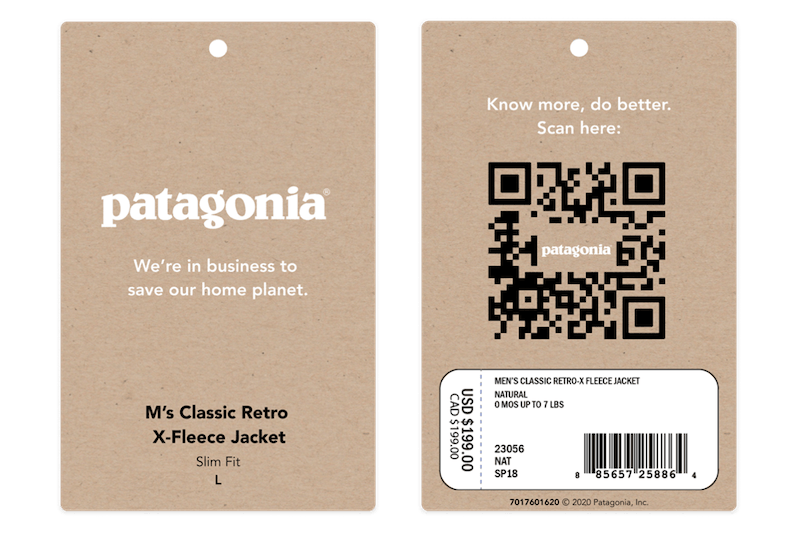
Fashion brands like Patagonia use QR codes to signal brand values. Here, Patagonia is not only reducing packaging waste by consolidating information into a QR code. It’s also educating consumers about its sustainability efforts—and how consumers can act. Image credit: Aaron Wu
As CPGs work to demonstrate their values, we can expect them to embrace more technologies, such as AI, as well. Some packagers are already experimenting with AI to generate packaging designs, including 3D models. Although the use of AI in packaging is in its nascent stages, it will no doubt make a larger imprint as we move further into the digital age.
Design Your Packaging for Consumer-First Experiences
The first step toward navigating complex consumer preferences is considering the overall design of your reclosable packaging. Talk to the Fresh-Lock® team today or read more on our blog to learn how reclosable flexible packaging can help you meet changing consumer needs and demands.

 Back to Blog
Back to Blog